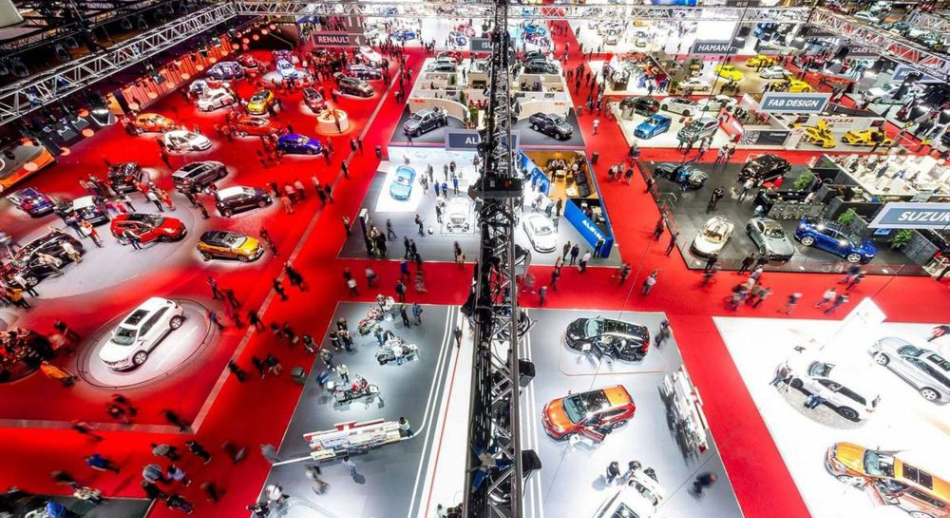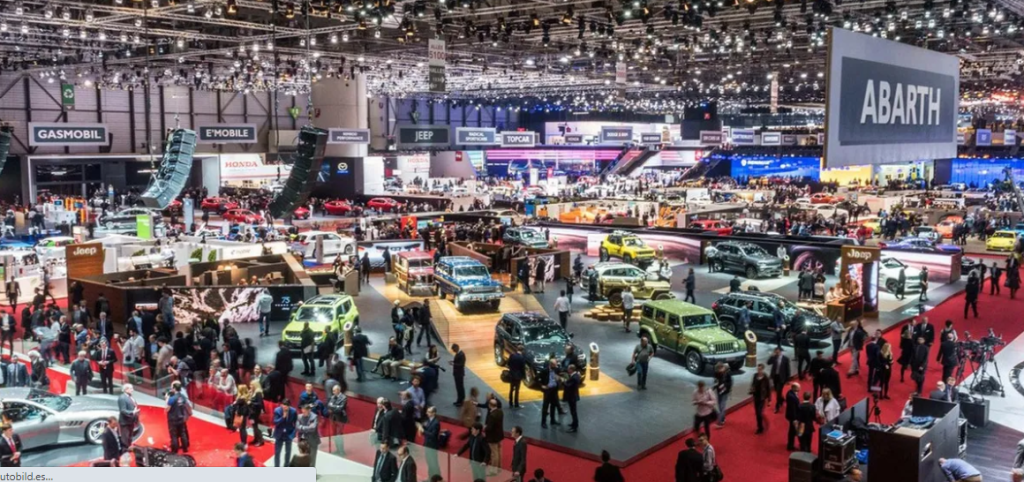
Electric Vehicles Shine at the Geneva Motor Show

Electric vehicles stole the show at the 90th edition of the Geneva Motor Show, which was held for the first time since 2019.
The Chinese firm BYD, the French firm Renault and the Chinese firm of British origin MG (owned by the Chinese conglomerate SAIC) were the most prominent brands at a show with very many absences, but which Geneva wants to maintain in order to preserve a tradition of almost 120 years as a European automotive center.
According to the EFE news agency, BYD presented for the first time in Europe its plug-in hybrid technology with the Seal U DM-i model, at a market price of around 40,000 euros, still above many other cheaper models already present in the Asian giant.
It also brings to Europe its luxury brand Yangwang and its premium division Denza, founded in 2010 in collaboration with Mercedes Benz, with the intention of introducing the D9 model in the European market next year.

Read also: Artificial Intelligence and Data: Meet Geotab Safety Center
Tradition
Renault unveiled its new all-electric R5 at the show, based on the touring car that brought it so much success in the 1970s, 1980s and 1990s but rethought for a new era of energy transition.
“We have achieved an affordable vehicle that will sell for under 25,000 euros in Europe, a lower price than other models that Renault, a pioneer in electric vehicles, has previously shown,” stressed the firm’s communications director in Switzerland, Karin Kirchner.
The French brand also managed to have its Renault Scenic E-Tech, another 100% electric model, which it expects to bring to the European market in the coming months, named vehicle of the year at the show.
Electric vehicles also dominate the exhibits of small European manufacturers at the show, such as Switzerland’s Microlino and Italy’s Pininfarina, at a time when the old continent’s firms fear that their Chinese competitors will conquer the market with cheaper versions.
Price Competition
Benefiting from state aid, reports EFE, the monopoly of many raw materials needed for the sector and the large production of batteries (three-quarters of the world’s total), the Chinese electric car sector has reached maturity and is threatening to take over the European market.
The average price of an electric car is around 30,000 euros in China, almost half that in Europe, and in the Asian giant, where these cars are already 33% cheaper than gasoline cars on average, a third of the vehicles sold are plug-in.
The tough competition ahead has led the European Union to launch an investigation into possible Chinese dumping practices to the domestic sector, although it may take years before this has tariff effects, should it be ruled that the Asian country’s brands are excessively subsidized.





